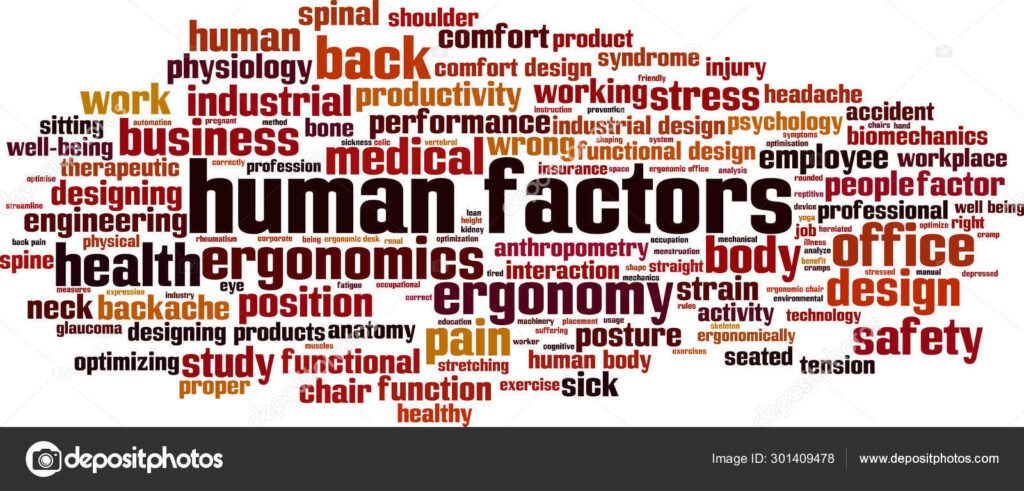“Anything that can go wrong will go wrong.”
Edward Murphy
Murphy’s law proved to be true and has become a major say in the aviation industry. Today Human factors are one of the major aspects in this field. In aviation, human factors are dedicated better understanding how humans can most safely and efficiently be integrated with the technology. That understanding is then translated into design, training, policies, or procedures to help humans perform better.
Many accidents were witnessed that happened because of psychological reasons and not mechanical failures. It took years to reach a conclusion where human factors became an important thing to consider and airlines and MROs trains their personnel on human factors. People pursuing careers in human values, moral values, Psychology, cognitive science can make their careers.
History of Human Factors
In the early 1900s, industrial engineers Frank and Lillian Gilbreth were trying to reduce human error in medicine. They developed the concept of using callbacks when communicating in the operating room. They developed the concept of using callbacks when communicating in the operating room. This same verbal protocol is used in aviation today.
Pilots are required to read back instructions or clearances given by air traffic control (ATC) to ensure that the pilot receives the correct instructions and gives ATC an opportunity to correct if the information is wrong. In the initial 20 years after World War II, most human factors research was done by Alphonse Chapanis, Paul Fitts, and Arnold Small.
The beginning of the Cold War led to a major expansion of the Department of Defense supported research laboratories, and many of the labs established during the war started expanding. Now it has flourished and provides opportunities for better flights.

Significance of Human Factors
Aviation is highly dependent on the maintenance of Aircraft hence safety is of utmost concern in aviation. When it is
not done correctly, it contributes to a significant proportion of aviation accidents and incidents. In comparison to many other threats to aviation safety, the mistakes of an aviation maintenance technician (AMT) can be more difficult to detect.
Oftentimes, these mistakes are present but not visible and have the potential to remain latent, affecting the safe operation of aircraft for longer periods of time. The department of education and training always conducts training on human factors.
Human factors awareness can lead to improved quality, an environment that ensures continuing worker and aircraft safety, and a more involved and responsible workforce. More specifically, the reduction of even minor errors can provide measurable benefits including cost reductions, fewer missed deadlines, reduction in work-related injuries, reduction of warranty claims, and reduction in more significant events that can be traced back to maintenance error.

Careers in Human Factors
Human factors psychologists are often employed by governmental agencies. This typically means working in an office setting. Many countries employ human factors Psychologists in every department to reduce risks and injuries cost. Industrial headquarters are one of the top career settings for human factors psychologists.
Large corporations, especially those involved in production, manufacturing, warehousing, and distribution are likely to employ these specialists. As a human factors psychologist, you can help a company lower its rates of on-the-job injuries. Their input can also lead to improved efficiency and production.
Occupational safety and health research centres often employ human factors psychologists. Likewise, healthcare research and psychology research facilities are common employers as well. Aviation Firms and Airports hire trainers and hence person may pursue a career in this, Apart from this one might work as a consultant and be self-employed.

In order to work in this field, you will be required to have a university degree. Degrees in human factors and related fields are offered by a number of universities and colleges. Human Factors professionals come from a variety of academic disciplines, including engineering, psychology, industrial design, medicine/life sciences, education and business administration.
In India many universities offer courses on ergonomics So this can be a good career choice for people willing to join the Aviation industry. If you want more interesting blogs and verified Aviation jobs Visit AeroNefs.


